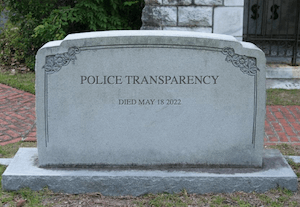TAMPA, Fla. (WFLA) — Hurricane Milton, which reached Category 5 strength Monday, is heading right for Florida's west coast, with a potential landfall near or at Tampa Bay.
The National Hurricane Center predicted that it could possibly weaken to a Category 3 before making landfall, but where it makes landfall could produce drastic differences in how the bay is hit by storm surge.
Nexstar's Tampa-based meteorologists at WFLA track “wobbles,” or small movements, on the system’s path. Those wobbles determine where the hurricane is headed and how much damage Floridians can expect.
Mandatory evacuations begin in Tampa Bay ahead of Milton
"If it hits St. Pete Beach, there's 15 feet of water in the Bay," said Jeff Berardelli, Max Defender 8 chief meteorologist. "If it hits Longboat Key, 15, 20 miles south of there, there's not much of any water in the bay."
As Milton continues moving forward, there will likely still be changes in its path that will affect where it is headed.
"You're going to have to watch the wobble tracker up until 20 miles off shore," Berardelli said.
While the movements may seem negligible at first glance, these wobbles make a big difference when they compound into a change in the storm’s path.
This was the case when Max Defender 8 first launched the wobble tracker for Hurricane Ian, a Category 5 hurricane that was originally expected to make a direct hit on Tampa Bay but “wobbled” further south to its landfall in Charlotte County, Florida.
Since then, the tracker has been a major asset in other major hurricanes like Helene and, now, Milton.
The wobble tracker watches the motion of hurricanes and tropical storms by using a combination of data from satellites, radar, the forecast trajectory, and the previous path the storm is on, to indicate how the path is changing in real time.
The WFLA Wobble Tracker will remain actively streaming 24/7 until Milton makes landfall.
Be prepared with the 2024 Hurricane Guide and stay ahead of tropical development with the Tracking the Tropics newsletter.
